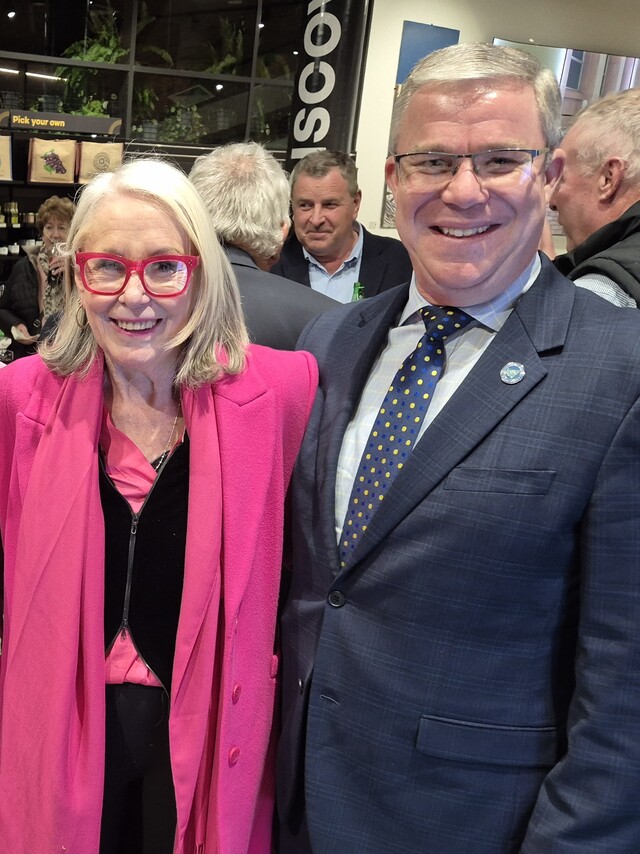The Aboriginal Coordinating Council is a statutory body established under the Queensland Community Services (Aborigines) Act 1984. It was established to enable Aboriginal Community Councils to become Local Government bodies.
The Councils themselves were formed in 1984 when the running of the communities was handed back to local people instead of being administered by the State Government.
The main aim of the ACC is to enhance the quality of life for residents, by assisting Community Councils to carry out functions as defined under the Act. In 1984, Queensland established a system of community level land trusts, to own and administer former reserves under a special title called Deed of Grant in Trust (DOGIT).
Each trust area became a Local Government area with incorporated Aboriginal Councils, which elected representatives every three years, to manage the community’s affairs.
The ACC operates services and programs including housing; infrastructure; environment; women’s issues and health; youth projects; community justice; consumer affairs; training; internal audit and financial unit.
Currently, the ACC has been tackling youth issues. In February of last year, the ACC held a youth forum to provide young people with an avenue to have their say on issues of importance.
Councillor Thomas Hudson, Chairperson of the ACC, said that young people’s participation in community processes, such as governance and other community activity was crucial.
“What we hope to do is help young people gain some of the knowledge and awareness they need to be able to do that,” he said. “This includes increasing their awareness of the resources available to them, developing youth networks between communities and the establishment of an elected youth body to represent our communities in the far north.”
For further information contact, Peter Opio-Otim, ACC Executive Officer, on (07) 4044 2999







